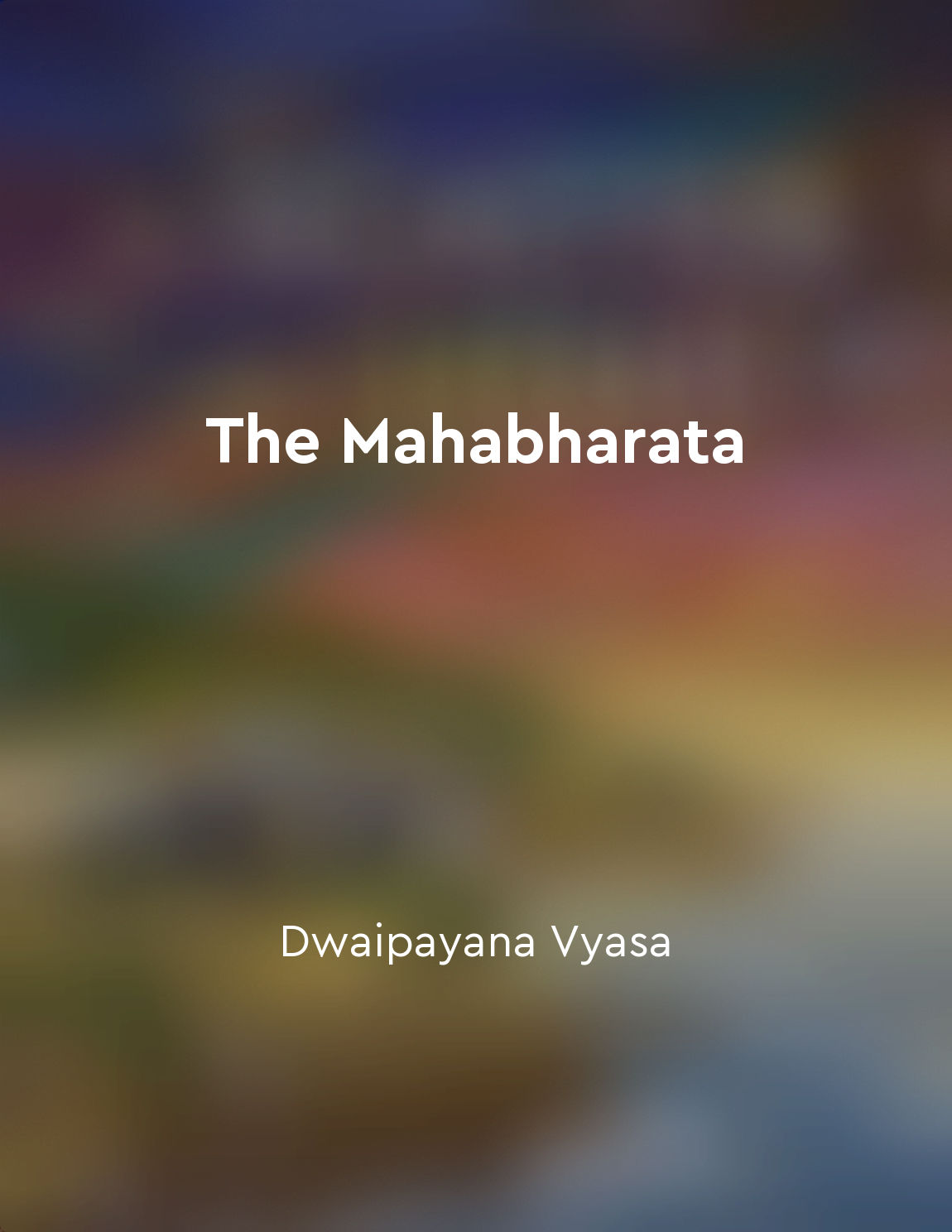The game of dice from "summary" of The Mahabharata by Dwaipayana Vyasa
In the great epic Mahabharata, the game of dice plays a critical role in shaping the destiny of the Pandavas, the noble and virtuous princes. This seemingly innocuous game becomes a tool used by the cunning Duryodhana, the eldest of the Kauravas, to strip the Pandavas of their kingdom, wealth, and ultimately their honor. The game, which starts as a friendly competition between cousins, soon escalates into a high-stakes wager with devastating consequences.
As the game progresses, it becomes evident that the dice are not being rolled fairly. Shakuni, the maternal uncle of Duryodhana and a master of deception, manipulates the dice to ensure that the Pandavas lose at every turn. Yudhishthira, the eldest of the Pandavas and known for his righteousness, becomes ensnared in the game and eventually wagers his kingdom, his brothers, and even himself. Despite his misgivings, he is unable to resist the lure of the dice and the challenge it presents.
The game of dice serves as a metaphor for the larger battle between good and evil, righteousness and deception. It highlights the fragility of human nature and the ease with which one can be led astray by greed, pride, and temptation. The Pandavas, who are paragons of virtue, find themselves on the losing end of the game, not due to any fault of their own, but because of the deceitful machinations of their cousins.The game of dice sets in motion a chain of events that will lead to the great Kurukshetra War, where the Pandavas will fight for their rightful claim to the throne. The consequences of the game are far-reaching and irreversible, underscoring the power of fate and the inexorable march of destiny. In this epic tale of honor, betrayal, and redemption, the game of dice stands out as a pivotal moment that will forever alter the course of history.

Open in app
The road to your goals is in your pocket! Download the Oter App to continue reading your Microbooks from anywhere, anytime.


